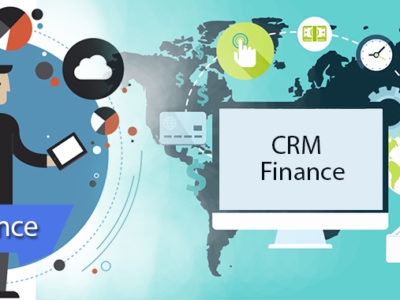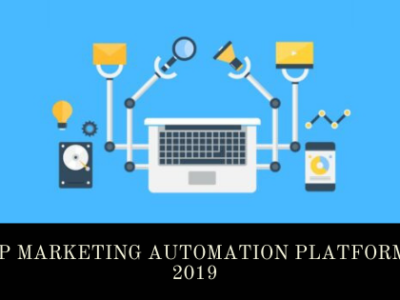
CRM Manufacturing Demand
In manufacturing industry, Customer Relationship Management is still playing catch-up. But will a fast-changing competitive environment bring about an uptick in adoption? IT editor Malcolm Wheatley talks to Microsoft.
Sign up to get FREE CRM Trial
Customer Relationship Management (CRM) isn’t new. Its use is widespread, and – as individual consumers interacting with banks, utilities and retailers – each of us is routinely touched and tracked by CRM Manufacturing processes in our everyday lives. In short, in little over a decade and a half, CRM Manufacturing has come a long way, fundamentally changing our customer experiences across many sectors.
But its use among manufacturing businesses is less widespread. While it’s relatively rare to encounter a manufacturer without an ERP system, a manufacturer without a CRM system is far less exceptional.
“CRM is still relatively new in manufacturing,” observes Cassandra Whobrey, CRM product manager at Microsoft UK. “But that’s changing, as early adopters highlight the benefits of taking a more customer-centric view of their businesses.” To see those benefits in action, she says, look no further than truck and bus manufacturer Scania UK.
Scania’s existing systems, including a third-party dealer management system, had always tended to view customer relationships from the point of view of the vehicle. While appropriate in a consumer context, where there is a one-to-one correspondence between a vehicle and its owner, the approach is less obviously suited to a fleet context, where the customers own and operate multiple vehicles.
Now, Scania’s new vehicle sales team uses Microsoft CRM to manage the entire sales process from initial enquiry through to vehicle delivery, enabling sales and marketing efforts to be more focused, and providing a consistent view of the customer in terms of aftersales service and warranty claims. What’s more, in-built Microsoft reporting tools have delivered powerful business analytics.
“Selling isn’t an event, it’s a process – as is customer service. CRM Manufacturing lets you manage that process to a consistently high standard and manage it in a way that lets you build detailed insights into customer behaviour, as well as ways to improve your own offering.”
And the growing use of technology in customer-supplier interaction provides a case in point, adds Whobrey. At a basic level, she says, the customer relationship isn’t a static one, but a dynamic one. And consequently, manufacturers need to be much more proactive in terms of managing it.
“You need to know your customers better,” she insists. “CRM isn’t just a glorified address book: it provides a window into how your customers view you and your business. Who are they? What do they buy? What don’t they buy? When did they last buy? Geographically, where are they? How do they contact you? The answers to such questions can be powerful insights into building stronger and more profitable relationships.”
To find out more about CRM Manufacturing, click here
to conduct a free call.



